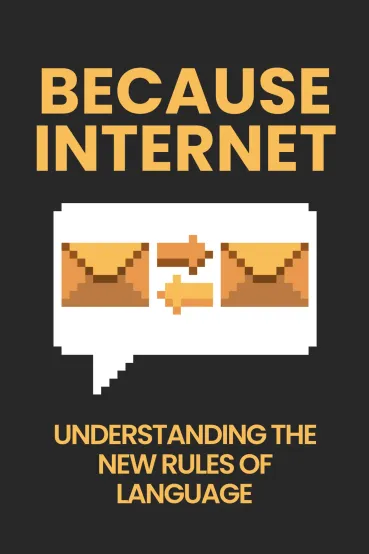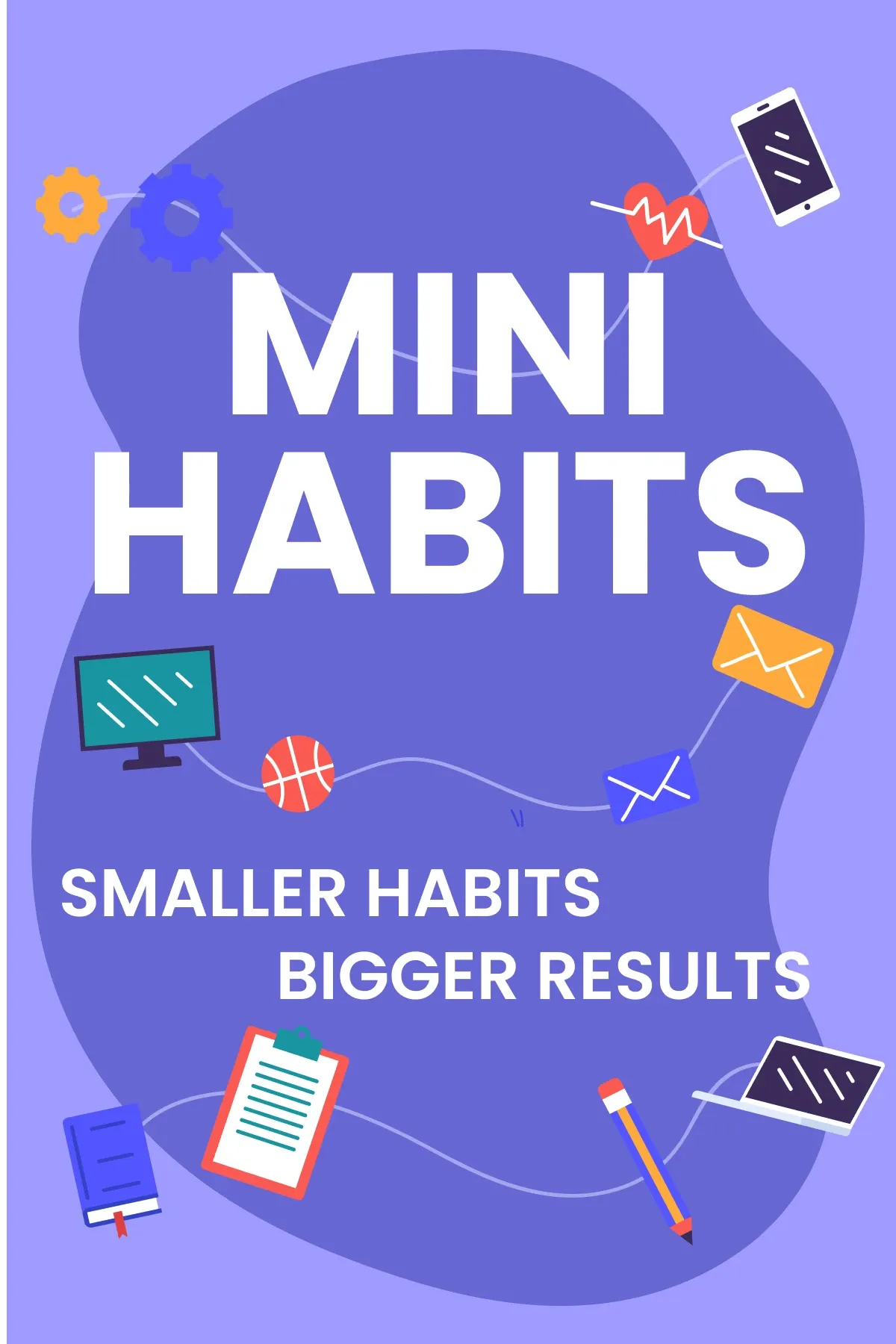
Because Internet
Brief Summary
The book “Because Internet” by Gretchen McCulloch describes the ways the Internet has changed our communication and language rules. If you are fascinated or confused by the chaotic and ever-changing vocabulary of social media, this book is for you!
Key points
Key idea 1 of 6
With the advent of the Internet, linguists have gained access to endless possibilities for analyzing language and how people interact with each other. They have large amounts of data from a variety of sources at their disposal, such as social media, chats, and video blogs. They can now do away with surveys and conversation monitoring, which were time-consuming and did not always provide accurate results.
Online communication has a significant impact on the formation of our speech and dialect. In the process of communicating with our peers, we learn new slang expressions, buzzwords, and speech patterns that are specific to a particular group or environment. Leslie Milroy argues that even weak ties with casual acquaintances shape our language style. We acquire these acquaintances through the Internet, especially on Twitter and Instagram.
Informal writing is becoming a crucial part of our daily communication. We post our feelings on Instagram or Facebook, upload a photo of breakfast, and write about our plans for the day. Modern informal writing also includes visuals, such as GIFs, memes, and emojis, making up for the lack of gestures and facial expressions in online communication.
This evolution of language shows that society no longer only follows generally accepted rules of writing. We also create our own norms by simplifying or transforming our ways of expressing ourselves. An example of simplification is the phenomenon of stylistic verbal incoherence in the language of the Internet. It occurs when expressing strong emotions or shock. In the Internet community's speech, users sometimes prioritize simplified constructions, such as "because [noun]." The title of the book, *Because the Internet*, illustrates this simplification. In this way, people strive to express themselves more concisely and accurately in the informal environment of online communication.
Not only is the way we express ourselves changing, but also how we abbreviate words. Abbreviations allow us to preserve the meaning when shortening letters and are an ideal means of informal expression. However, the difficulty in this case is that sometimes abbreviations in spoken language are difficult to transfer to writing. We can’t convey all common shortenings in a message. For example, if you use only the first syllable of the word “usual” in your speech, it can be confusing to see it typed "uzh" in writing.
FAQ
You may also like these summaries











